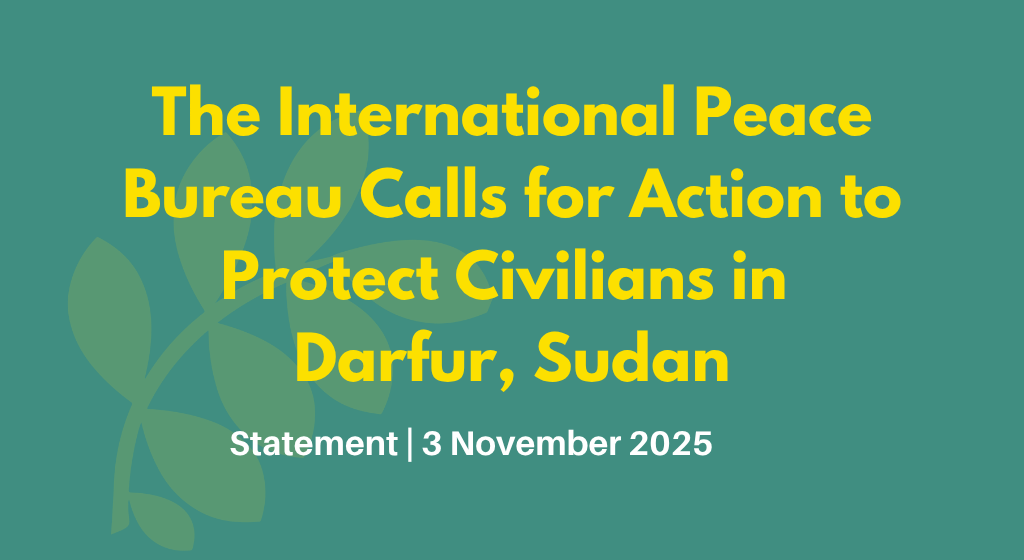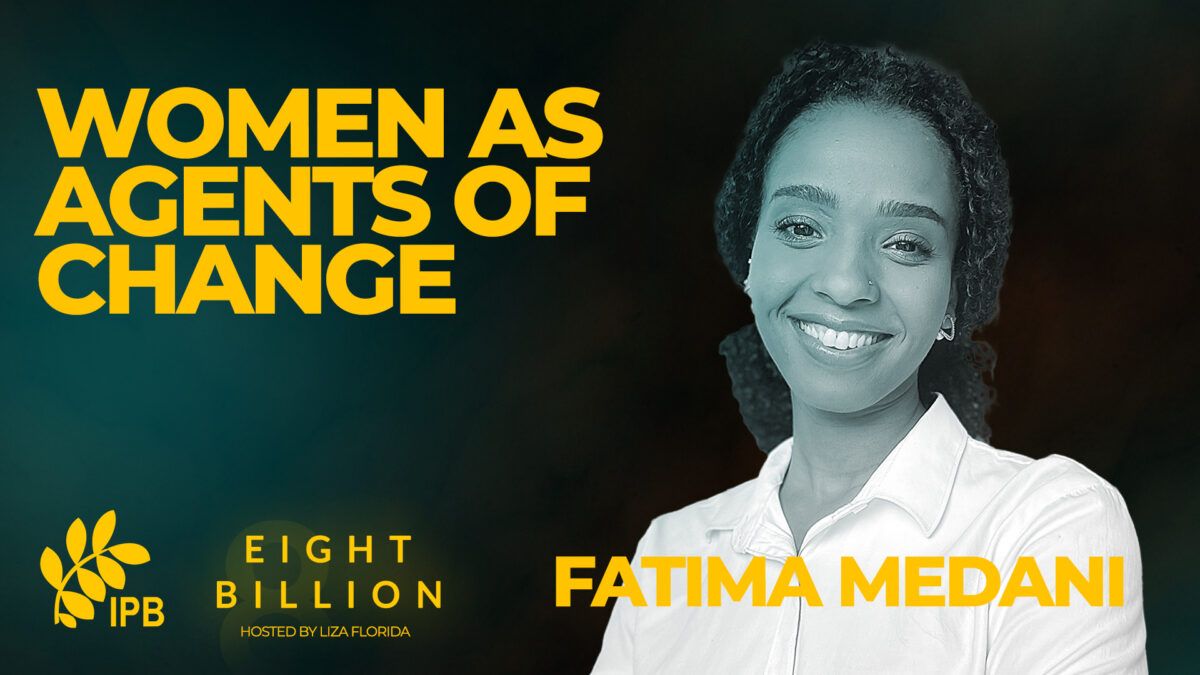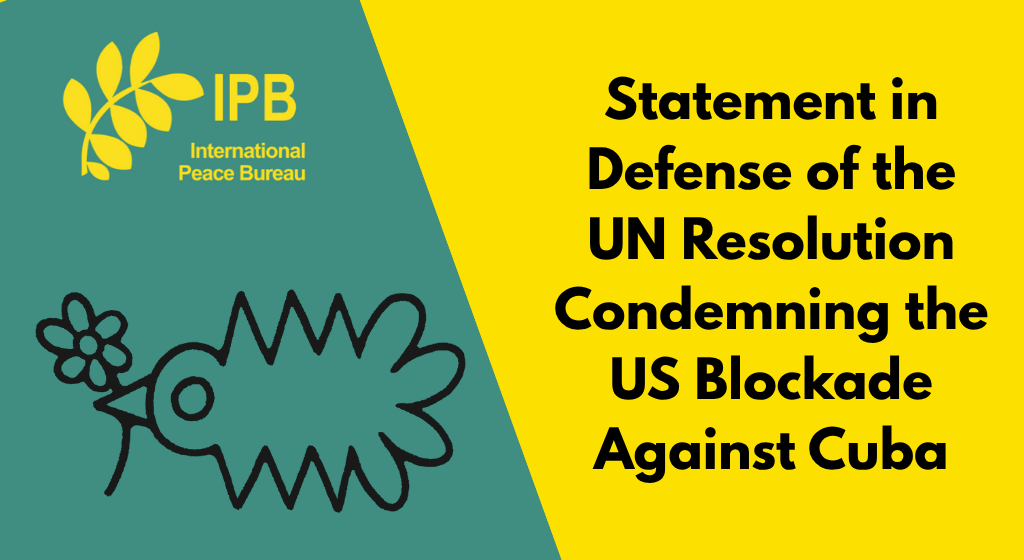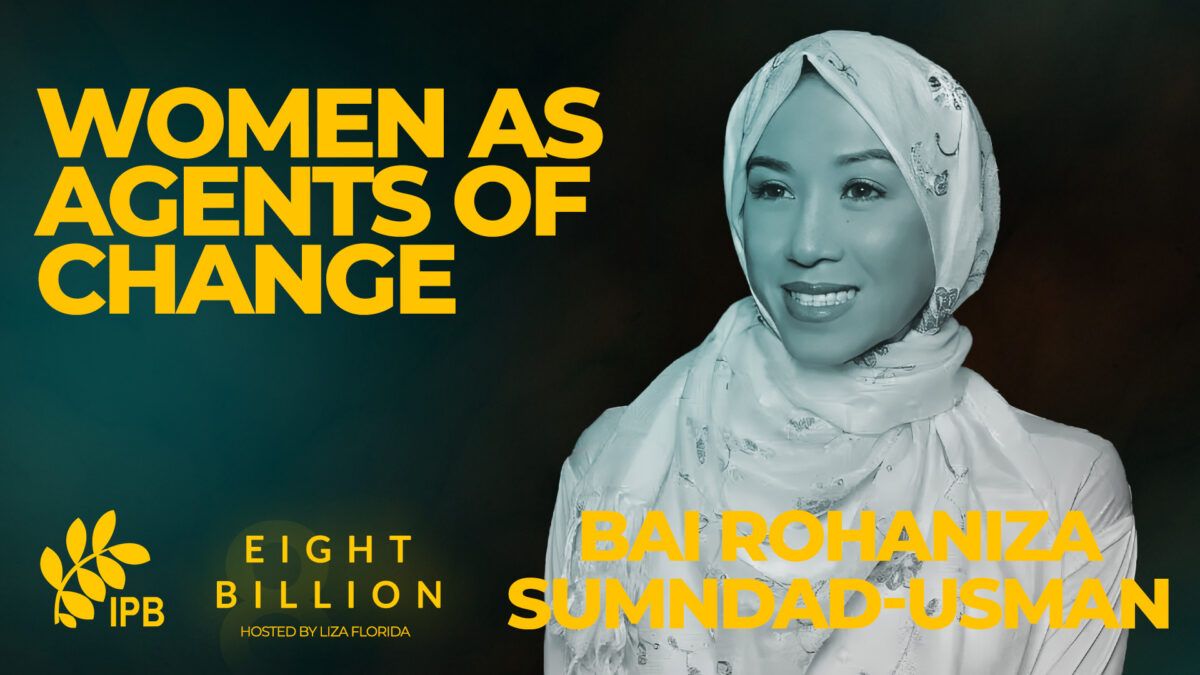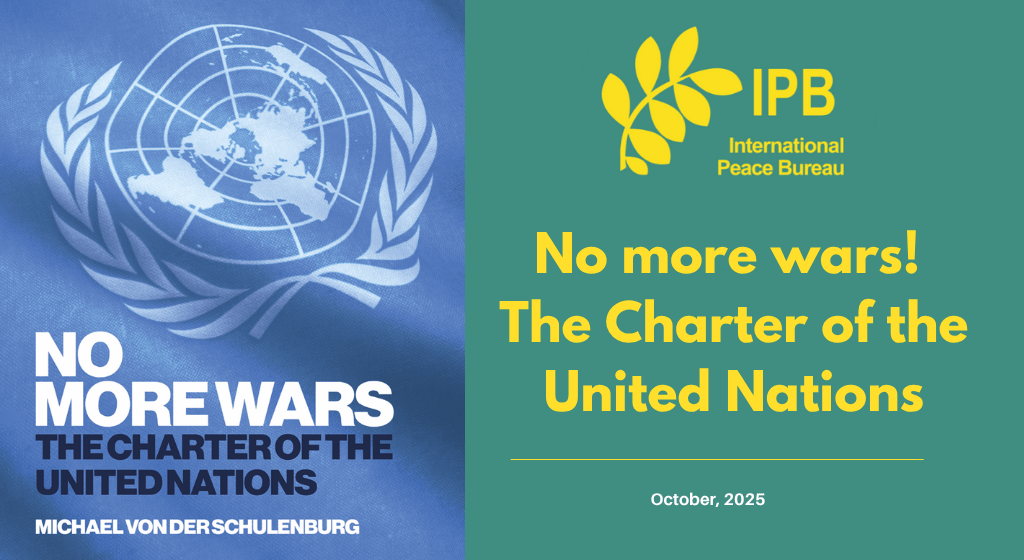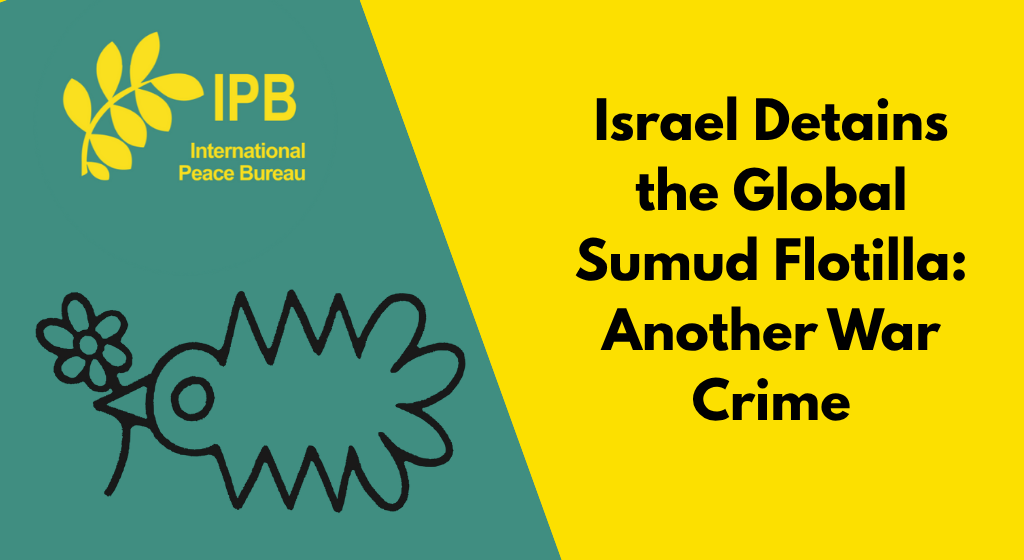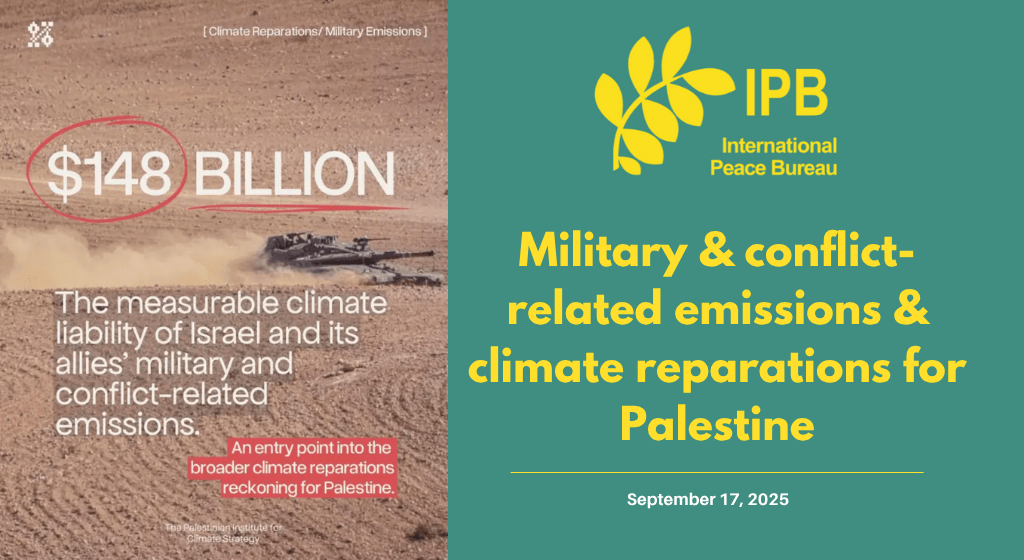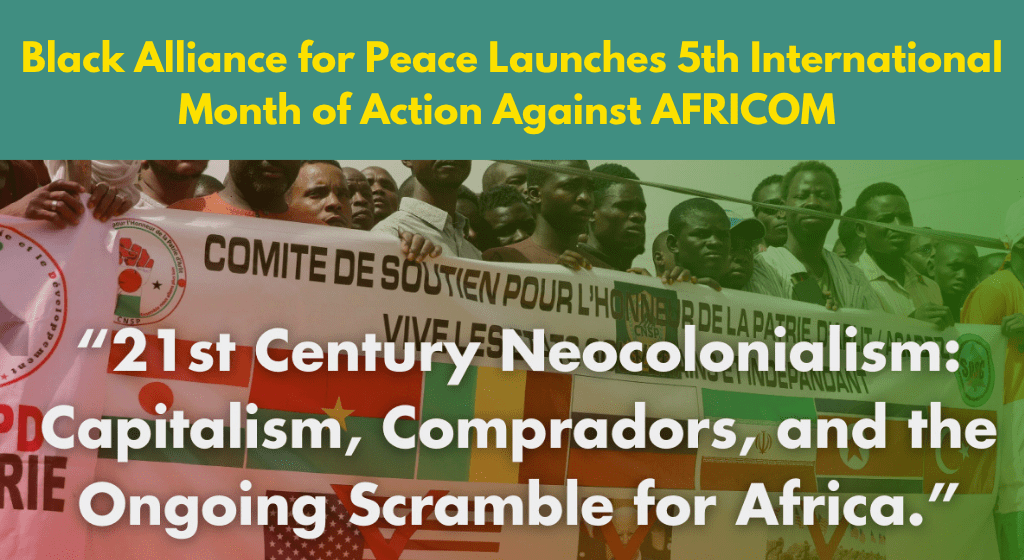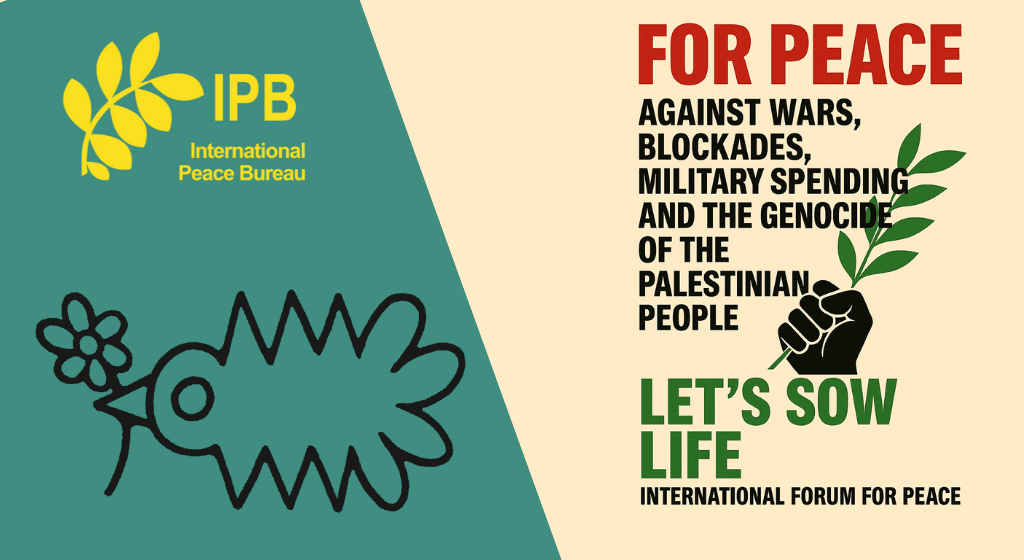El Fashir, the last standing city in Darfur, Sudan, has fallen to the Rapid Support Forces (RSF). And civilians are facing mass humanitarian atrocities.
For more than 550 days, the city had been under siege, devastated by the systematic cut off of aid, food, and medicine. Thousands were killed through execution, bombardment, starvation & severe malnutrition. In two days, more than two thousand people have been killed. 460 patients and their families were massacred inside the Saudi Maternity Hospital, medical staff were abducted, and an estimated 180,000 people remain trapped inside with no safe passage out. While the Rapid Support Forces broadcast videos of their own crimes, parading victims, and committing documented executions. The world’s response to these atrocities has been shameful.
IPB Co-President Joseph Gerson stated:
“In pursuit of arms sales profits and Sudan’s resources, cynical forces have made medieval brutality possible. It must stop, and the people of Darfur must be permitted to rebuild their lives and futures without fear.”
The International Peace Bureau does not accept the status quo of brutal violence, mass murder, and dominance, and we stand with the people of Sudan. We recognise that the first, fastest responders are the local networks of volunteer medics, community kitchens, and emergency response rooms, who continue to provide lifesaving assistance despite the collapse of state protection. Supporting these actors is central to saving lives and affirming human dignity during this systemic and unacceptable violence.
The International Peace Bureau calls on citizens, media, and governments alike to keep Sudan and their work visible, to challenge indifference, and to sustain public pressure for a cease-fire and opening of unrestricted humanitarian corridors to all affected areas in Darfur.

